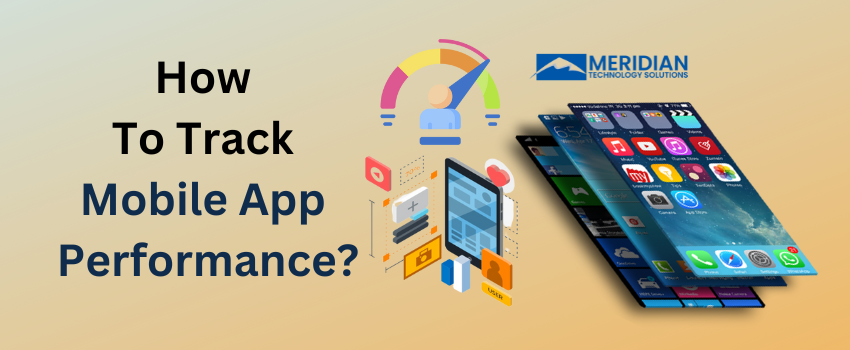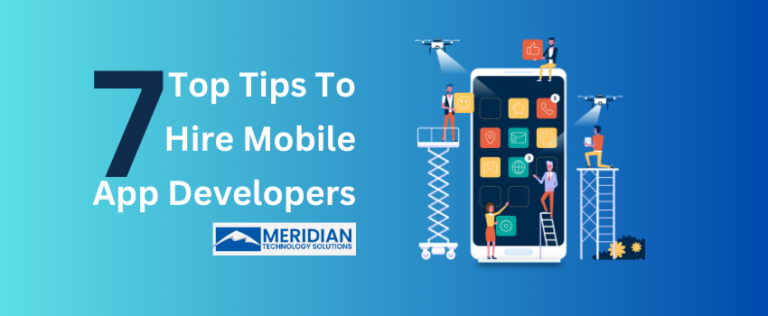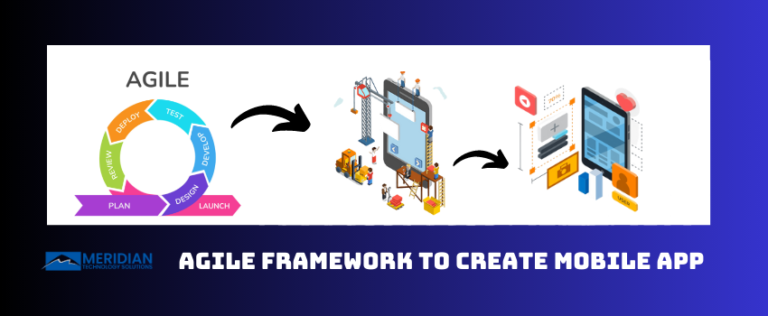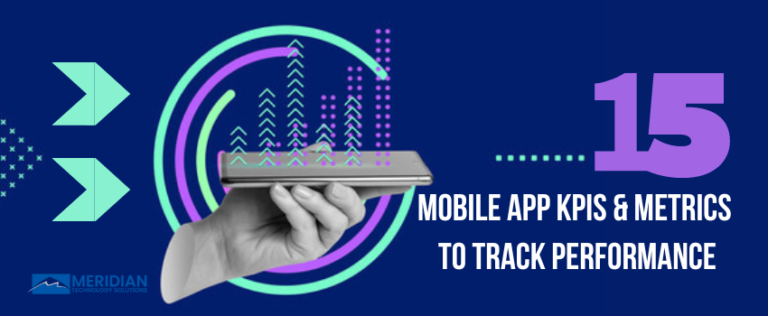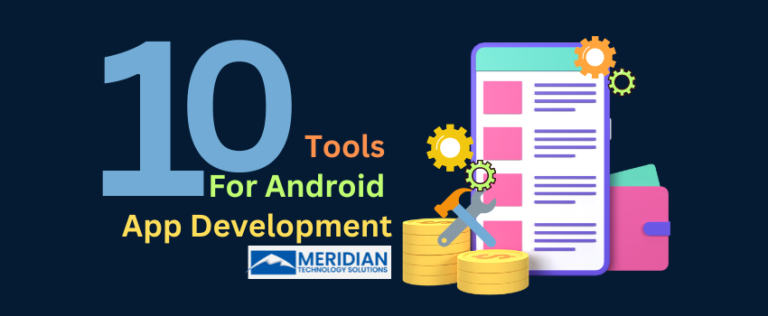How to Track Mobile App Performance?
Tracking mobile app performance is crucial for mobile app developers to ensure that their apps are functioning optimally and meeting the expectations of users. Monitoring and analyzing app performance metrics help developers identify and address issues, optimize user experience, and make data-driven decisions for future updates.
In this guide, we will explore various methods and key performance indicators (KPIs) that mobile app developers can use to track and measure app performance.
1. Implement App Analytics: App analytics tools play a vital role in tracking and measuring mobile app performance. By integrating analytics SDKs into the app, developers can gather valuable data on user behavior, engagement, and app usage. Some popular app analytics tools include:
- Google Analytics for Mobile Apps: Provides comprehensive insights into user engagement, app flows, retention rates, and conversion tracking.
- Firebase Analytics: Offers real-time analytics, user segmentation, event tracking, and conversion tracking.
- Flurry Analytics: Provides app usage metrics, demographics, user retention, and custom event tracking.
- Mixpanel: Offers advanced event tracking, funnel analysis, A/B testing, and user cohort analysis.
These tools allow developers to track various metrics, such as active users, session duration, screen flow, user demographics, and conversion rates, providing valuable insights into the app’s performance.
2. Monitor App Speed and Responsiveness: App speed and responsiveness are crucial factors for user satisfaction. Slow-loading screens and unresponsive actions can lead to a poor user experience and high abandonment rates. Developers can track app performance in terms of speed and responsiveness by:
- Measuring app launch time: Monitoring the time taken for the app to load and display the initial screen.
- Tracking screen transitions: Measuring the time it takes for screens to load and respond to user interactions.
- Analyzing network calls: Monitoring the time taken for API requests and network operations.
- Tools like Android Profiler (for Android apps) and Instruments (for iOS apps) provide insights into app performance, including CPU usage, memory usage, and network activity, helping developers identify performance bottlenecks and optimize app speed and responsiveness.
3. Assess Crash Reports: App crashes can significantly impact user experience and retention. Tracking and analyzing crash reports help developers identify and fix issues promptly. Crash reporting tools provide detailed crash logs, stack traces, and information on the devices and OS versions affected. Some widely used crash reporting tools for mobile app development include:
- Crashlytics (Firebase Crashlytics): Offers real-time crash reporting, crash insights, and integration with popular development frameworks.
- Bugsnag: Provides automatic crash reporting, error monitoring, and advanced debugging features.
- Sentry: Offers crash reporting, error tracking, and performance monitoring for mobile apps.
By closely monitoring crash reports, developers can identify recurring crashes, prioritize bug fixes, and enhance app stability.
4. Analyze User Retention and Engagement: User retention and engagement are vital indicators of an app’s success. Tracking these metrics helps developers understand how well their app retains and engages users over time. Key metrics to measure include:
- Retention rate: The percentage of users who continue to use the app over a specific period.
- Daily/weekly/monthly active users (DAU/WAU/MAU): The number of unique users who engage with the app on a daily, weekly, or monthly basis.
- Session duration: The average time users spend within each app session.
- Screens per session: The average number of screens users navigate through in a single session.
- Conversion funnels: Tracking user progression through key conversion steps within the app.
- App analytics tools, mentioned earlier, provide insights into these metrics, allowing developers to identify trends, analyze user behavior, and optimize the app’s user retention and engagement strategies.
Read More: Getting Started with App Development? Here Are Steps to Follow
5. Gather User Feedback: Direct user feedback is invaluable in understanding user satisfaction, pain points, and feature requests. Implementing feedback mechanisms within the app, such as surveys, in-app ratings, and feedback forms, enables developers to collect user insights and sentiments. Additionally, monitoring app store reviews and ratings provides valuable feedback from a broader user base. Integrating user feedback with app analytics data helps developers identify areas for improvement and prioritize feature enhancements.
6. Track Conversion and Revenue Metrics: For apps that involve monetization or conversions, tracking conversion and revenue metrics is essential to evaluate the app’s financial performance. Key metrics to consider include:
- Conversion rate: The percentage of users who complete a desired action or make a purchase.
- Average revenue per user (ARPU): The average revenue generated per user.
- Lifetime value (LTV): The predicted revenue generated by an average user over their entire app usage lifespan.
- In-app purchases: Tracking the number of purchases, revenue generated, and popular purchase items.
Analyzing these metrics helps developers optimize monetization strategies, improve user acquisition and retention, and maximize app revenue.
Final Takeaway:
Tracking mobile app performance is critical for mobile app developers to ensure that their apps deliver a seamless user experience, retain users, and meet business objectives. By implementing app analytics, monitoring app speed and responsiveness, analyzing crash reports, assessing user retention and engagement, gathering user feedback, tracking conversion and revenue metrics, mobile app developers can gain valuable insights into their app’s performance.
To develop a highly performing mobile app, get in touch with our mobile app developers. We are a trusted mobile app development company developing mobile apps for your business. Our mobile app development team utilizes the latest tools and technology for Android and iOS app development.
Contact us now!

